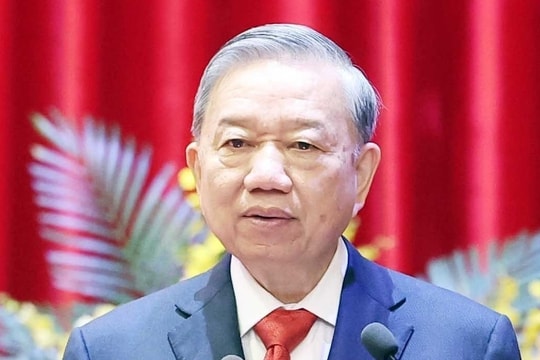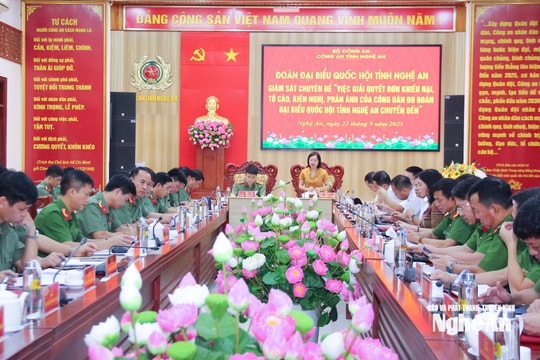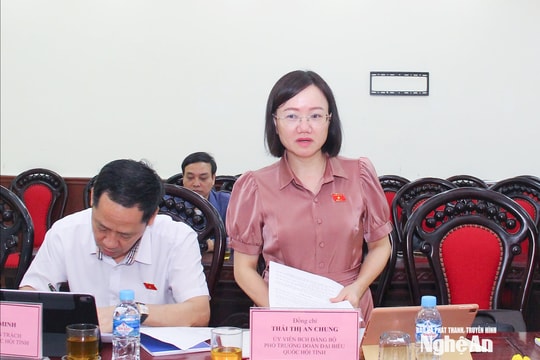Gaps in officials' asset declaration: Let the people monitor!
Mr. Pham Trong Dat, Director of the Anti-Corruption Department, pointed out a series of limitations in the process of declaring personal assets of civil servants.
Gaps in public officials' asset declaration
Recently at the first quarter 2016 press conference in Hanoi, Mr. Pham Trong Dat, Director of the Anti-Corruption Department, admitted that the current asset declaration is still a formality and ineffective. Therefore, in the coming time, to overcome the shortcomings, it is necessary to amend the regulations on asset declaration, especially officials will also have to declare their assets.
Sharing with Dat Viet about this issue, Mr. Dat said that there are many reasons leading to difficulties in anti-corruption work, but mainly focusing on 6 major issues.
Firstly, the subjects of asset declaration are too numerous and too broad. We need to study whether to amend it or not.
Second, it must be more public. Before, there was public disclosure at agencies and units, but now it must be public at places of residence as well so that people can monitor.
Third, only verify and declare assets when necessary, but not all cases that need to be made public are declared.
 |
| Mr. Pham Trong Dat, Director of the Anti-Corruption Department, pointed out a series of limitations in the process of declaring personal assets of civil servants. Photo: Zing |
Fourth, there is no unified agency to store data and compile it for inspection. It is still scattered, mainly managed by competent authorities and information management teams, but there is no specialized agency with expertise to assess and handle this matter.
Fifth, it is very difficult to check honesty, monitor and manage, so corruption has not been detected, but only based on declaration, on the principle of self-awareness and self-responsibility.
Sixth, there is no truly strong sanction to cut assets and handle cases when discovered.
“With the above limitations and shortcomings, asset declaration has long been just a formality. Therefore, when amending the Law in the future, we will have to recalculate to improve and ensure proper implementation of the law on corruption prevention and control,” Mr. Dat emphasized.
Civil servants must be supervised by the people.
The Director of the Anti-Corruption Department hopes that once the limitations and shortcomings in the asset declaration process are overcome, corruption among officials and civil servants will be minimized and people's trust will be restored.
“This depends on many issues, not just the law itself. But the law is also a basis for proper implementation, so that civil servants cannot be corrupt. Of course, corruption can be reduced in many other forms, but a complete and highly feasible law is also one of the factors that prevent officials from taking advantage of corruption,” Mr. Dat emphasized.
The General Secretary emphasized that people's supervision of the asset declaration process of civil servants is completely appropriate and this is the duty and responsibility of state officials.
“We need to make it public according to the law. What needs to be made public, how to make it public, the time, place and the subjects that need to be made public according to the law, I think does not violate privacy at all.
Second, if you are an official, you must be subject to the management of the state. If an official does not declare or comply, how can the people trust him? If you accept to be an official, you must comply with and implement the state's regulations on management. If you are a cadre, you must let the people supervise you," Mr. Dat affirmed.
According to Dat Viet






.jpg)

